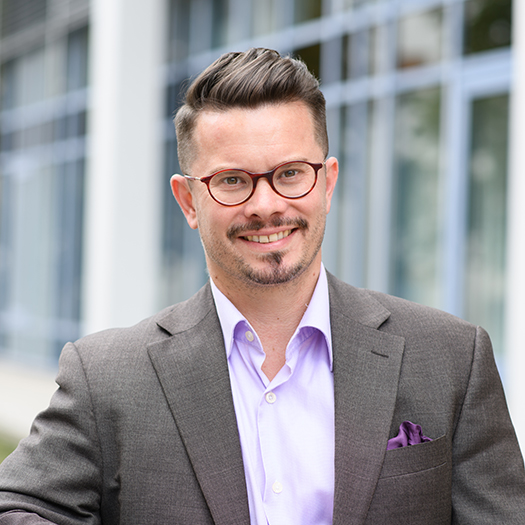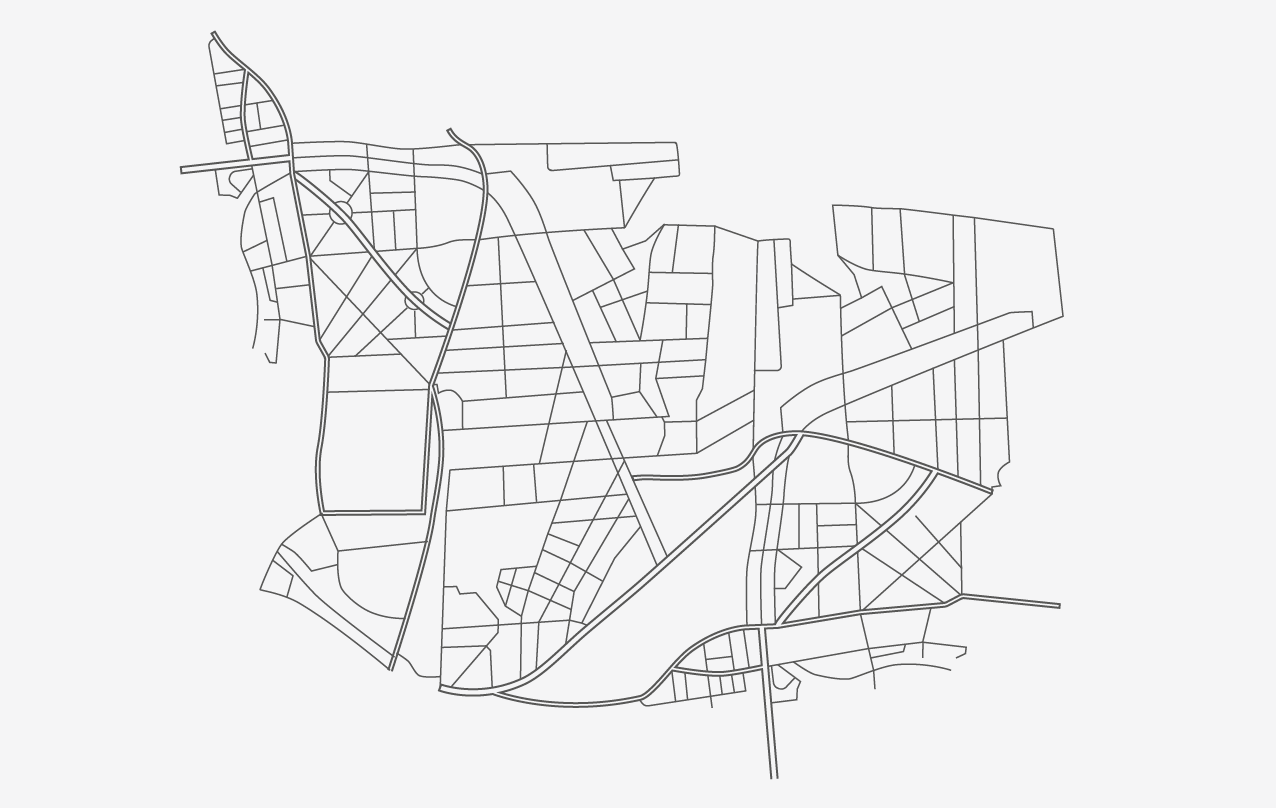
Transforming Institutions
Research Seminars: Mannheim Applied SeminarLabor Reallocation and Wage Growth in a Reunified Germany
How do institutions affect economic performance? The paper presented in this Mannheim Applied Seminar exploits a unique historical episode, the German Reunification, to investigate how this radical change transformed East Germany’s labor market allocation, igniting wage growth in the early years after reunification. Using matched employer-employee data constructed from the universe of German social security records, the authors show that the sharp growth in East German wages strongly correlates with a rapid reallocation of workers across plants within East Germany. Moreover, reallocation was disproportionately larger among older cohorts, suggesting that longer exposure to communist institutions led to more severe misallocation: In a competitive market, these older workers would have switched jobs or been fired at a younger age. By the same token, only East German plants that already existed at the time of reunification display different reallocation patterns compared to their Western counterparts: Large plants downsize, indicating that they had previously been inefficiently large, while all plants experience significant levels of worker turnover. The authors find that plants with larger levels of reallocation experience larger wage growth. This provides rare, direct empirical evidence that the reallocation of workers — both within and across plants — spurred by new labor market institutions, was consequential for wage growth.
People

Directions
- Room Brüssel

